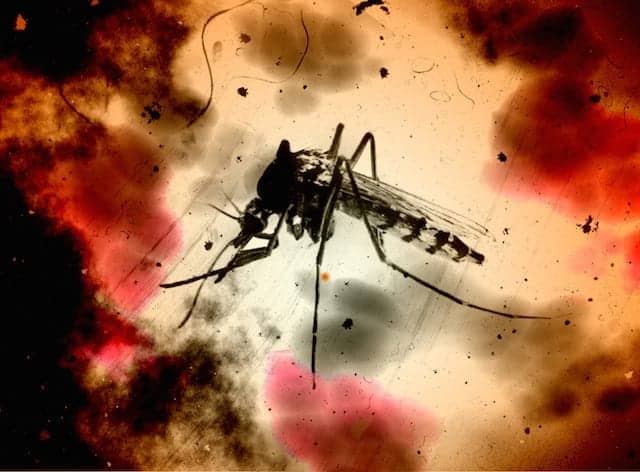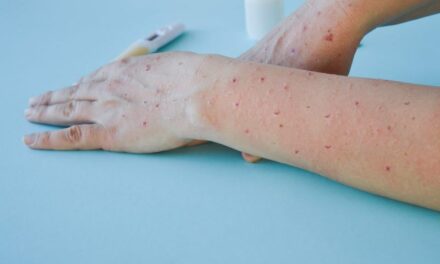Rheonix Inc, Ithaca, NY, in collaboration with the New York University College of Dentistry (NYUCD), has received funding to develop a diagnostic for Zika virus infection. The $656,414 award is an administrative supplement to an existing small business innovation research (SBIR) phase I/II fast-track grant from the National Institute of Dental and Craniofacial Research of the National Institutes of Health.
The grant will enable the partners to pursue development of a fully automated screening and self-confirming assay that will simultaneously detect and confirm the presence of Zika virus in a single, small sample of saliva or blood. The proposed approach will build upon previous success in which the collaborators developed a dual assay for the simultaneous detection of human immunodeficiency virus antibodies and viral RNA in a single specimen.
The assay will be formatted for the Rheonix chemistry and reagent device (CARD) cartridge, and performed on the company’s Encompass Optimum molecular testing workstation. Once a raw sample is placed into the Rheonix CARD cartridge, the automated workstation runs with no user intervention through the processes of sample extraction, purification, amplification, and detection. This eliminates the need for multiple pieces of equipment, helping to make the testing process quicker, more efficient, less expensive, and less likely to result in human error.
“As we continue to demonstrate the utility of our novel microfluidic-based technology, we remain committed to deploying the technology to address global health needs,” says Greg Galvin, PhD, chairman and CEO at Rheonix. “Addressing the need to test for Zika virus certainly fits the bill given the elevated health alerts issued throughout the world.”
In February 2016, the World Health Organization declared Zika virus a public health emergency of international concern.
“The Zika virus appears to disappear from blood in 6–10 days, but is still detectable in saliva and urine,” says Daniel Malamud, PhD, professor of basic sciences at NYUCD. “Anti-Zika antibodies can be detected several days after infection. A combined RNA and antibody test will enable detection of both early and late Zika virus infections.”
“We have had a longstanding and very productive collaborative relationship with Dr. Malamud’s laboratory at New York University College of Dentistry, and it has been through those efforts that we successfully developed the dual assay for anti-HIV antibodies and viral RNA,” says Richard Montagna, PhD, FACB, senior vice president for scientific and clinical affairs at Rheonix, and the principal investigator on the SBIR grant. “It seemed to be a logical extension of those efforts to attempt the same approach for Zika virus.”
For more information, visit Rheonix.







